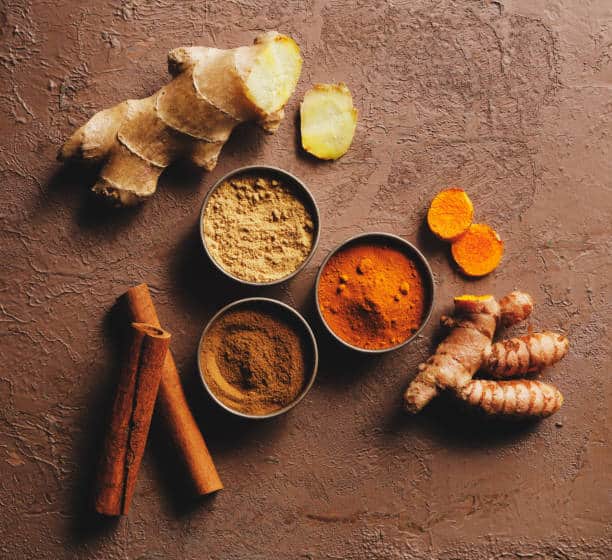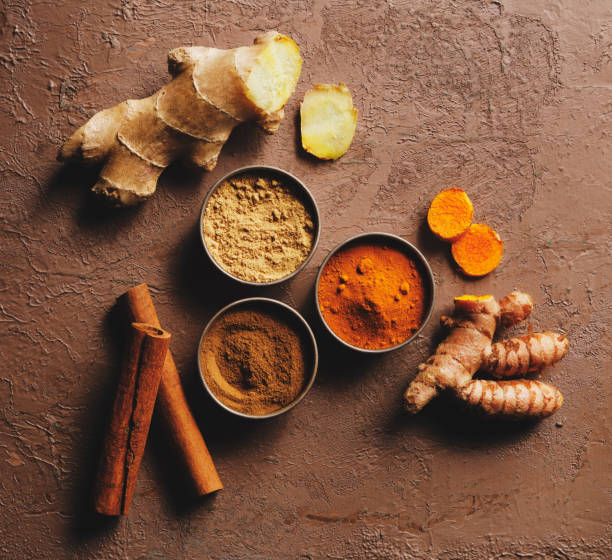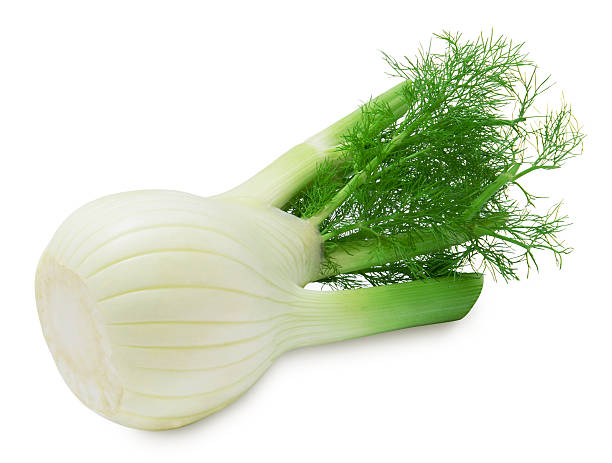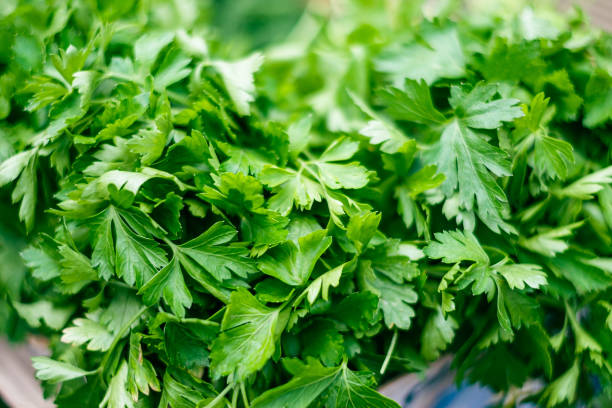
24 Jul Top Herbs and Spices for Maintaining Oral Health and Preventing Cavities
Using Herbs and Spices for Oral Health

Herbs and spices can enhance oral health beyond brushing alone due to their potent antimicrobial, anti-inflammatory, and antioxidant properties. While brushing removes surface plaque and food particles, it may not always address underlying bacterial infections or inflammation.
Herbs like clove, turmeric, and neem possess natural antibacterial agents that target harmful bacteria responsible for cavities and gum disease. For instance, clove’s eugenol offers pain relief and bacterial control, while turmeric’s curcumin reduces inflammation and fights microbial growth.
Moreover, herbs and spices provide additional benefits that brushing alone cannot. Peppermint and cinnamon, for example, are excellent for freshening breath and preventing bad odor by eliminating odor-causing bacteria.
Green tea’s catechins reduce plaque formation and enhance gum health by combating inflammation. These natural ingredients also promote the healing of oral tissues and can prevent recurrent infections, a feat that standard brushing doesn’t achieve.
Incorporating herbs and spices into oral care routines provides a holistic approach, targeting both the symptoms and causes of oral health issues.
Their natural compounds work synergistically with regular brushing to create a comprehensive oral hygiene regimen, leading to healthier teeth and gums.
The Top Types
Oral health is a crucial aspect of overall well-being, and maintaining it involves more than just regular brushing and flossing. Diet and natural remedies also play a significant role in keeping teeth and gums healthy.
Herbs and spices, with their antibacterial, anti-inflammatory, and antioxidant properties, can be potent allies in preventing cavities and promoting oral health. Here are some of the top herbs and spices that contribute to maintaining oral hygiene.
1. Clove (Syzygium aromaticum)
Clove is renowned for its analgesic, anti-inflammatory, and antibacterial properties, making it a powerful herb for oral health. The active compound, eugenol, is an effective pain reliever and can help alleviate toothaches.
Clove oil can be applied directly to the gums or used as a mouthwash to reduce inflammation and fight bacterial infections that cause cavities and gum disease.
2. Turmeric (Curcuma longa)
Turmeric is a versatile spice with strong anti-inflammatory and antimicrobial properties, thanks to its active ingredient, curcumin. Turmeric can help reduce gum inflammation, fight bacteria that cause plaque and cavities, and promote overall oral health.
A paste made from turmeric powder and water can be applied to the gums and teeth, or turmeric can be added to homemade mouthwash.
3. Peppermint (Mentha piperita)
Peppermint is widely used in dental care products due to its refreshing flavor and antimicrobial properties. The menthol in peppermint has a cooling effect that soothes oral tissues and freshens breath.
Peppermint oil can help kill bacteria in the mouth, reduce plaque buildup, and prevent cavities. It can be used in homemade toothpaste or mouthwash for a refreshing oral care routine.
4. Neem (Azadirachta indica)
Neem is a traditional Ayurvedic herb known for its powerful antibacterial and antifungal properties. Neem leaves, twigs, and oil have been used for centuries to maintain oral health.
Neem can reduce plaque formation, prevent cavities, and combat bad breath. Chewing neem sticks, using neem oil as a mouthwash, or incorporating neem extract into toothpaste are effective ways to utilize this herb for oral hygiene.
5. Sage (Salvia officinalis)
Sage is another herb with strong antimicrobial and anti-inflammatory properties. It has been traditionally used to treat gum infections, mouth sores, and sore throats.
Sage tea can be used as a mouth rinse to reduce oral bacteria, soothe inflamed gums, and promote healing. Sage essential oil can also be added to toothpaste or mouthwash for enhanced benefits.
6. Cinnamon (Cinnamomum verum)
Cinnamon is not only a flavorful spice but also a potent antibacterial agent. Its essential oils, particularly cinnamaldehyde, have been shown to inhibit the growth of oral pathogens, reduce bad breath, and prevent cavities.
Cinnamon can be added to homemade mouth rinses or toothpaste to harness its oral health benefits. Chewing cinnamon sticks can also help freshen breath and promote oral hygiene.
7. Thyme (Thymus vulgaris)
Thyme is a powerful herb with strong antiseptic and antifungal properties. The compound thymol in thyme is commonly used in mouthwashes and toothpaste to fight oral bacteria and prevent plaque buildup.
Thyme tea or essential oil can be used as a mouth rinse to maintain oral hygiene, reduce bad breath, and prevent gum disease.
8. Echinacea (Echinacea purpurea)
Echinacea is known for its immune-boosting properties and is also beneficial for oral health. It can help reduce gum inflammation, prevent infections, and promote healing.
Echinacea tea or tincture can be used as a mouth rinse to reduce bacteria and support overall oral health. Its antimicrobial properties make it effective in preventing cavities and maintaining healthy gums.
9. Myrrh (Commiphora myrrha)
Myrrh has been used for centuries in traditional medicine for its antiseptic and anti-inflammatory properties. It can help treat gum disease, reduce inflammation, and promote healing of oral tissues.
Myrrh resin or oil can be added to mouthwash or toothpaste to enhance oral hygiene and prevent cavities. It is particularly effective in soothing inflamed gums and fighting oral infections.
10. Green Tea (Camellia sinensis)
Green tea is rich in antioxidants, particularly catechins, which have powerful antibacterial properties. Regular consumption of green tea can help reduce plaque formation, prevent cavities, and improve gum health.
Green tea can also reduce bad breath by inhibiting the growth of odor-causing bacteria. Using green tea as a mouth rinse or drinking it regularly can significantly benefit oral health.
11. Licorice Root (Glycyrrhiza glabra)
Licorice root contains compounds that have antimicrobial and anti-inflammatory properties, making it beneficial for oral health. It can help reduce plaque, prevent cavities, and soothe inflamed gums. Chewing on licorice root sticks or using licorice root extract in oral care products can help maintain healthy teeth and gums.
12. Aloe Vera (Aloe barbadensis)
Aloe vera is known for its soothing and healing properties. It can help reduce gum inflammation, heal mouth sores, and fight bacteria that cause cavities. Aloe vera gel can be applied directly to the gums or used in homemade mouthwash to promote oral health.
Its anti-inflammatory properties make it effective in treating gum disease and maintaining overall oral hygiene.
13. Fennel (Foeniculum vulgare)
Fennel seeds have been traditionally used as a natural mouth freshener. They have antimicrobial properties that help fight bacteria and prevent bad breath. Chewing fennel seeds or using fennel essential oil in mouthwash can help maintain oral hygiene, reduce plaque buildup, and prevent cavities.

14. Rosemary (Rosmarinus officinalis)
Rosemary is an aromatic herb with antibacterial and anti-inflammatory properties. It can help reduce oral bacteria, prevent gum disease, and freshen breath. Rosemary tea or essential oil can be used as a mouth rinse to enhance oral hygiene and promote healthy gums.
15. Parsley (Petroselinum crispum)
Parsley is a common herb often used as a natural breath freshener. It contains chlorophyll, which has deodorizing properties. Chewing fresh parsley leaves can help neutralize bad breath and promote oral hygiene. Parsley also has antibacterial properties that can help reduce oral bacteria and prevent cavities.

Incorporating Herbs and Spices into Oral Care
Integrating these herbs and spices into your daily oral care routine can be simple and effective. Here are some practical ways to use them:
- Homemade Toothpaste: Combine baking soda, coconut oil, and essential oils like clove, peppermint, or cinnamon to make a natural toothpaste.
- Mouth Rinse: Create herbal mouth rinses by steeping herbs like sage, thyme, or rosemary in hot water. Allow it to cool, strain, and use it as a mouthwash.
- Chewing Sticks: Neem or licorice root sticks can be used as natural toothbrushes. Chewing on these sticks can help clean teeth and promote gum health.
- Teas: Drink herbal teas made from green tea, echinacea, or fennel to benefit from their oral health properties.
- Essential Oils: Add a few drops of essential oils like tea tree, clove, or peppermint to water for a refreshing and antibacterial mouth rinse.
Conclusion
Herbs and spices offer a natural and effective way to maintain oral health and prevent cavities. Their antimicrobial, anti-inflammatory, and antioxidant properties can help reduce plaque, fight bacteria, soothe gum inflammation, and freshen breath.
Incorporating these natural remedies into your oral care routine can enhance your dental hygiene and enjoy a healthier smile.


Sorry, the comment form is closed at this time.